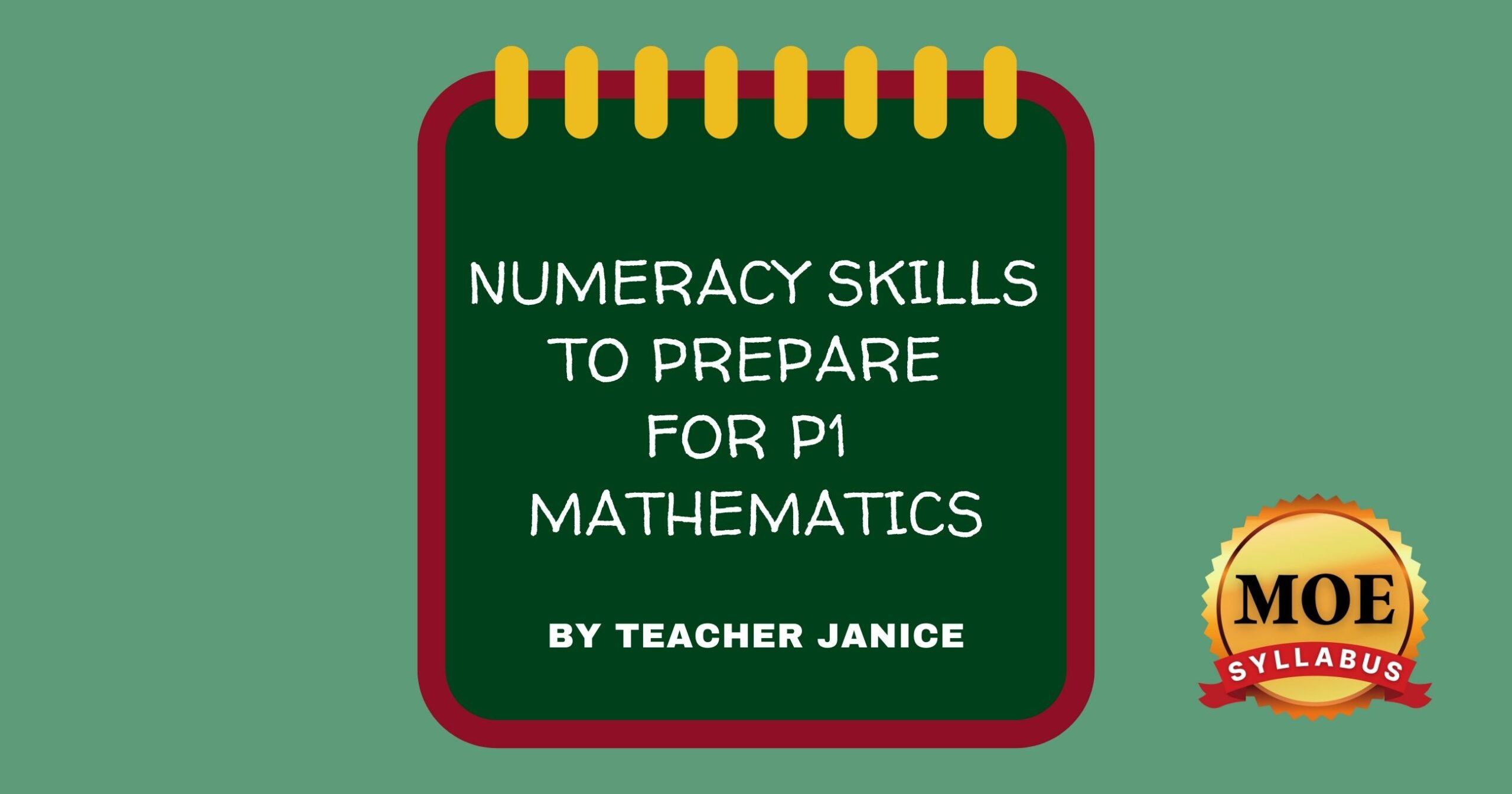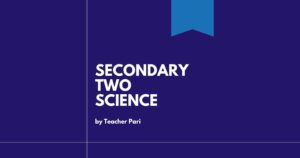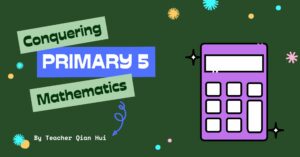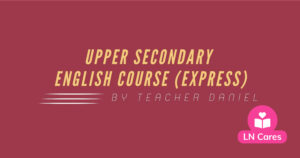The Course will cover:
- Simple Relationships and Patterns - Matching and Sorting Concept
- Simple Relationships and Patterns - Comparing Concept
- Simple Relationships and Patterns - Seriation Concept
- Simple Relationships and Patterns - Patterning Concept
- Counting and Number Sense - Part-Whole relationship:
- Counting and Number Sense - Number Bonds:
- Counting and Number Sense - Addition:
- Counting and Number Sense - Subtraction:
- Life Skill Mathematics - Money Concept:
- Life Skill Mathematics - Time Concept:
The Course will cover:
- Simple Relationships and Patterns - Matching and Sorting Concept
- Simple Relationships and Patterns - Comparing Concept
- Simple Relationships and Patterns - Seriation Concept
- Simple Relationships and Patterns - Patterning Concept
- Counting and Number Sense - Part-Whole relationship:
- Counting and Number Sense - Number Bonds:
- Counting and Number Sense - Addition:
- Counting and Number Sense - Subtraction:
- Life Skill Mathematics - Money Concept:
- Life Skill Mathematics - Time Concept:
Teacher Janice has 5 years of experience teaching preschool children. Notoably, she was teaching young children from ages varying from 2 – 6 years old at NTUC First Campus – My First Skool. Apart from that, she was engaged in private tutoring for Primary 1 to 3 students for a duration of 3 years.
There are no reviews yet.
Ask a question about this course
Pro-rated pricing is available for ongoing courses. The price is calculated based on the number of available upcoming classes.
For example, an ongoing course may comprise of 8 classes, however 2 classes were held beforehand, and 6 are upcoming classes that are available to purchase. You will not be charged for the previous 2 classes, only the 6 upcoming classes.
The current number of classes available for purchase depend on the upcoming dates listed in the course schedule.
Short Courses
Our shorts courses are designed to help children to pick up skills and knowledge within a short time frame. Teachers conducting short courses may meet 1 or more times each week, across 1 to 4 weeks.
Ongoing Courses
Ongoing courses are meant for children to study a certain subject under the same teacher. Ongoing classes meet weekly (up to 5 times a month) / alternating weeks (up to 3 times a month) depending on your teacher’s schedule.
Classes can be booked upfront in the following timeframes: Per lesson, Monthly (4-5 weeks), Termly (10 weeks), Yearly (up to 52 weeks)
We will be rolling out such courses soon, do stay tuned!
Free trial eligibility
A free trial class is available to new students who have not attended this course. Limited seats, first come first serve basis only.
What happens after a free trial?
If you are satisfied with the free trial session, you may proceed to purchase more classes to continue this course.
Can I choose my own session dates?
As all of our courses are in a group class setting, teachers have already committed to a certain timeline for each group.
Each course has upcoming course dates displayed under the schedule tab, do check the course schedule before signing up. Some classes may have more than one schedule. In such cases, if you are not able to attend lessons in schedule 1, you can still attend classes in schedule 2.
Hardware
A personal computer/tablet device, speakers and a microphone – built-in, USB plug-in, or wireless Bluetooth, a webcam or HD webcam - built-in, USB plug-in.
Internet Connectivity
An internet connection – broadband wired or wireless (3G or 4G/LTE). 50-150kbps (download speeds).
Software
An email to sign up and create an account. Zoom installed.
We accept PayNow for local payments and Visa, Mastercard and American Express for local and international payments.
Yes we do! All our classes are 100% online, so you can join a class from anywhere in the world.
Please note that all our class schedules and timings are in Singapore Standard Time (GMT +8).
Join the Learner Net Community









Be the first to review “Numeracy skills to prepare for P1 Mathematics”